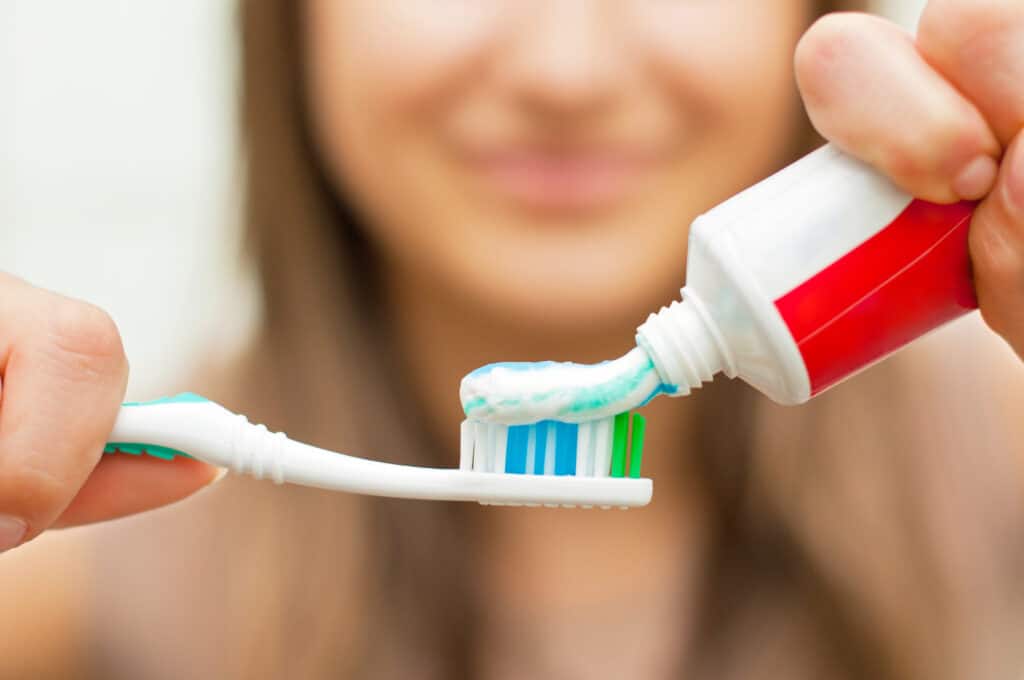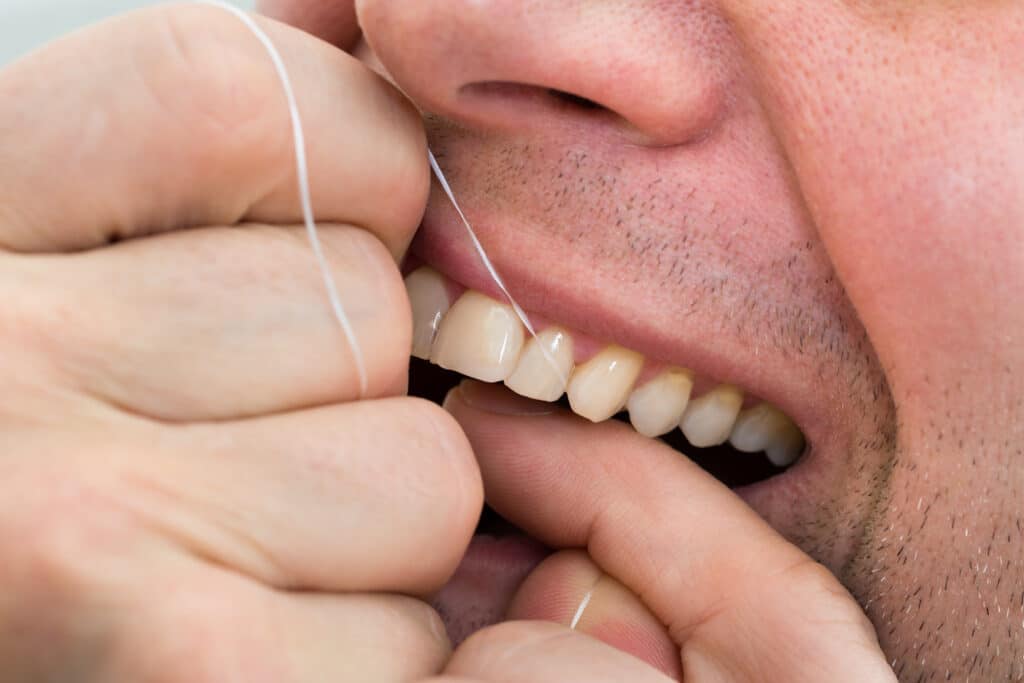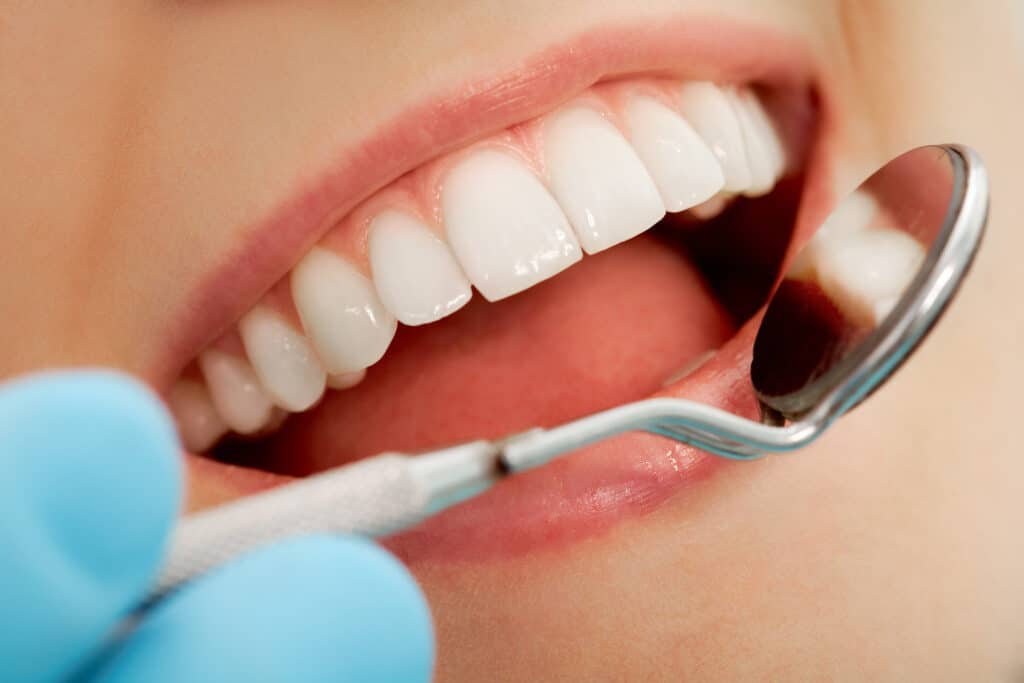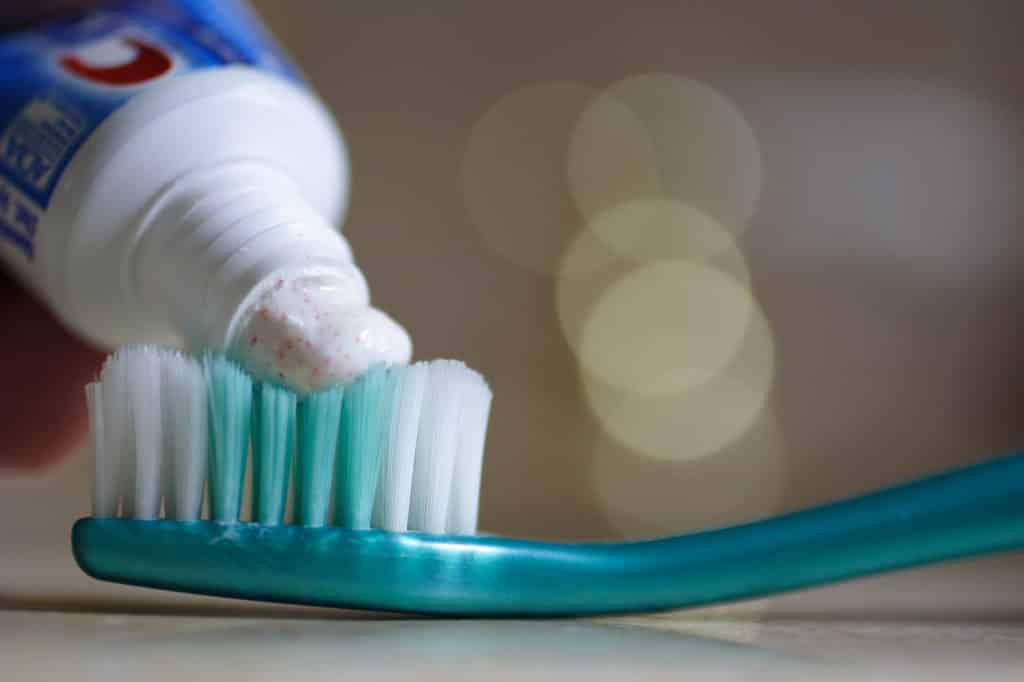
Maintaining great oral health is an important aspect of your overall well-being, and preventing tooth decay and cavities is a primary goal in oral care. Fluoride, a naturally occurring mineral, has long been hailed for its role in preventing cavities. While in-office fluoride treatments are a common practice, home fluoride treatments are becoming increasingly popular.
But how helpful are these treatments in preventing the development of cavities and boosting your overall oral health? At Mountain View Dental, we want you to understand the importance of fluoride treatments in your oral hygiene routine. If you are trying to decide between in-office and home fluoride treatments and aren’t sure which is the best fit for your routine, keep reading to see how each can benefit your oral health.
The Role of Fluoride in Cavity Prevention
Fluoride is known for its ability to strengthen tooth enamel, making it more resistant to the acid that contributes to cavity development. When used regularly, fluoride promotes the remineralization of the teeth, which can aid in repairing the earliest stages of tooth decay, preventing cavities before the even begin forming. This common dental ingredient is found in many different oral hygiene products, including toothpaste and mouthwash.
Traditionally, in-office fluoride treatments are administered by dental professionals during routine check-ups. These treatments are incredibly popular due to their ability to address the earliest signs of tooth decay effectively. However, advancements in oral care products have made it possible for individuals to use home fluoride treatments, helping them address cavities before heading into the office.
In-Office Fluoride Treatments
In-office fluoride treatments involve the application of concentrated fluoride solutions or gels to the teeth by your dental professional during your routine dental appointment. The high-dose fluoride may help strengthen the enamel of your tooth, potentially preventing the development of cavities.
The procedure is quick, typically only taking a few minutes, and does a wonderful job of boosting your oral health. Your dental professional will tailor the treatment to meet your specific oral needs, ensuring the proper dosage and application.

Benefits
There are a few major benefits of opting to receive in-office fluoride treatments. These benefits include:
- Professional Application: In-office treatments are administered by dental professionals who can ensure the proper dosage and application. When working with a professional, you can trust that this treatment will be beneficial for your oral health.
- Higher Concentrations: Professional fluoride products used in your dental office may have a much higher concentration of fluoride than over-the-counter products. These higher dosages provide a much more potent treatment.
Drawbacks
While there are many benefits to receiving in-office fluoride treatments, these services don’t come without their drawbacks. Some of the drawbacks of in-office fluoride treatments include:
- Time and Cost: In-office treatments require a dental appointment, which may not be the most convenient option for everyone. Additionally, these treatments can be more expensive than a home fluoride treatment, making them less accessible.
- Frequency: While in-office fluoride treatments are incredibly effective, regular office visits may not be realistic or feasible for everyone, leading to potential gaps in your fluoride exposure.
Home Fluoride Treatments
Home fluoride treatments involve the application of fluoride-based products in your daily oral care routine. Regular use of fluoride in your home routine helps to strengthen the enamel, making it more resistant to decay and cavity development. While they lack the professional supervision of in-office treatments, their consistent use, combined with regular dental check-ups, contribute to great overall oral health.
Benefits

There are many benefits to using a home fluoride treatment, especially if you don’t have direct access to a dentist. Some of the greatest benefits of a home fluoride treatment include:
- Convenience: The most significant benefit of using home fluoride treatments is the convenience of use. You don’t need to worry about scheduling a dental appointment to squeeze these treatments in when it works best for your schedule.
- Cost-Effective: Many home fluoride treatments are more a cost-effective solution than dental appointments. This is especially important if you don’t have dental insurance to help cover the cost of office visits.
- Consistent Use: While office visits provide a stronger fluoride treatment, home fluoride treatments allow for more consistent use of the product.
Drawbacks
As amazing as home fluoride treatments are, there are some drawbacks to them. Some of the drawbacks of using home fluoride treatments include:
- Self-Administration: When using home fluoride treatments, there is a risk of improper application or overuse. Overusing fluoride may lead to discoloration of the teeth or bone problems.
- Lower Concentrations: While home fluoride treatments are convenient to access, they aren’t nearly as strong as professional treatments. This means you will have to use the home fluoride treatments more frequently to reach the same efficacy.
Finding a Balance for Your Best Dental Health
Both home and in-office fluoride treatments play an essential role in cavity prevention. The effectiveness of fluoride largely depends on the consistency of use and proper application. For those with a higher risk of cavities or those seeking a stronger treatment option, in-office fluoride treatments may be recommended to reach your desired effect.

Home fluoride treatments, on the other hand, are an excellent option for maintaining consistent fluoride exposure between visits to your dentist. Ultimately, the choice between home and in-office fluoride treatments should be based on your needs, preferences, and the risk of cavity development.
If you’re considering home fluoride treatments but aren’t sure if they are the best fit for you, it might be best to consult with a dental professional. Our team at Mountain View Dental can help you determine the best fluoride treatments to improve your overall oral health. With years of experience helping patients across the Northern Utah area, we’re confident that we can help you develop your most beneficial oral hygiene routine.
In addition to our in-office fluoride treatments, we offer smile makeovers, dental crowns, root canals, and much more. If you would like to schedule an in-office fluoride treatment or would like to discuss your current oral hygiene routine with one of our professionals, don’t hesitate to contact our office today.

